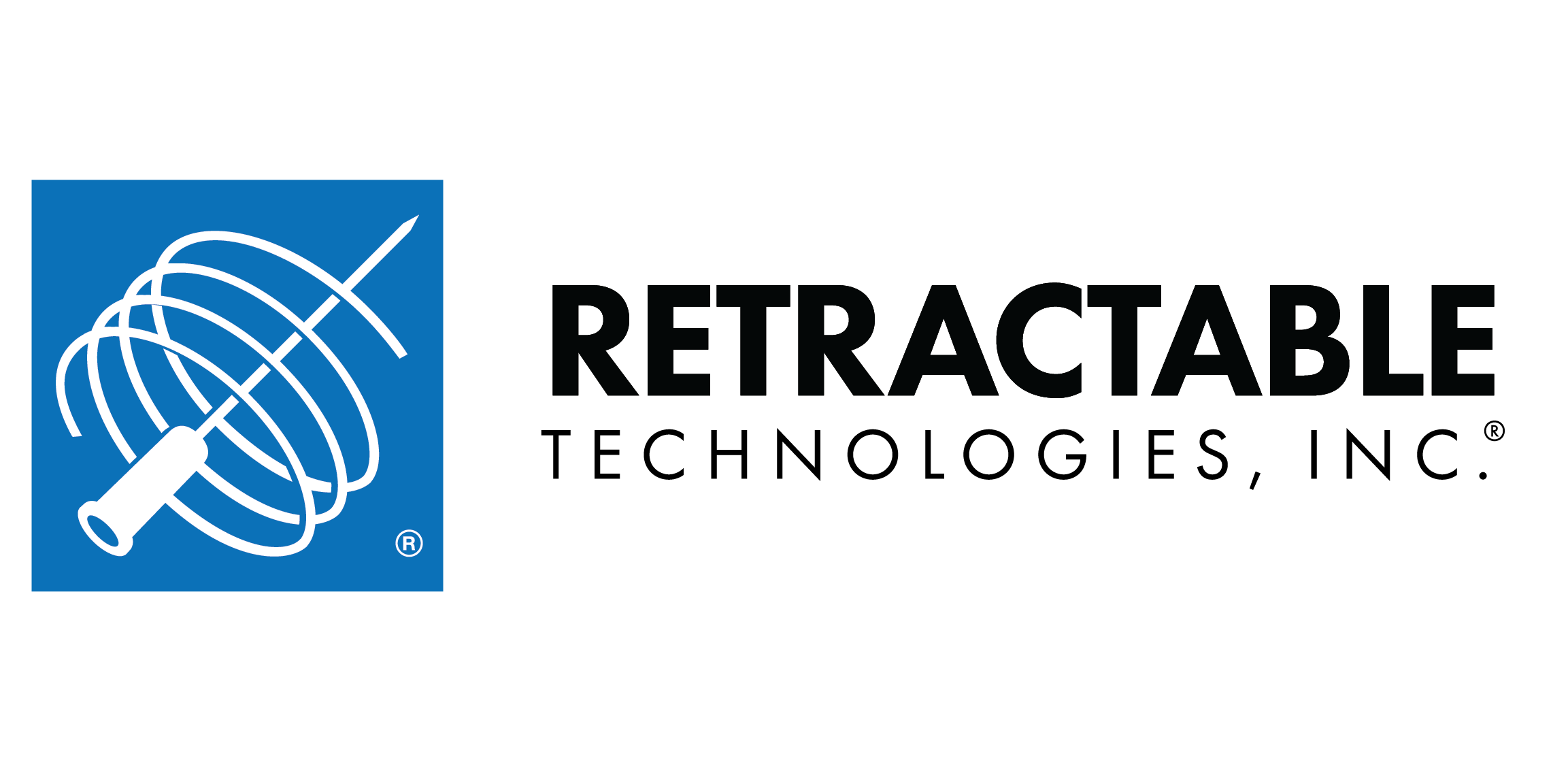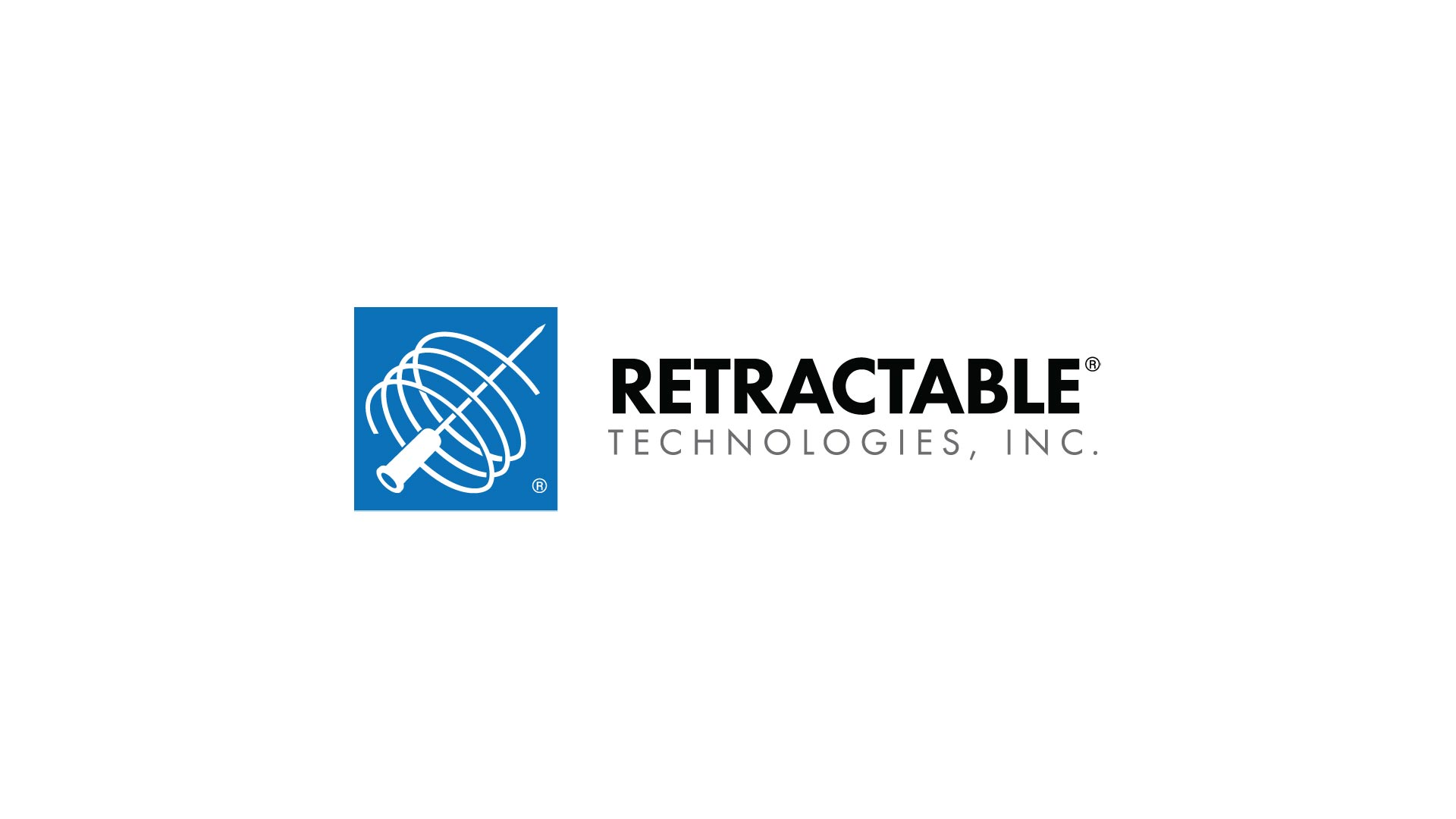It is well known that pollution has a detrimental effect not only on the environment but the population itself, but most everyone knows that—nurses especially. In a study, Awareness, Worry, and Hope Regarding Climate Change Among Nurses: A Cross-sectional Study, from the National Library of Medicine that says nurses not only understand the impact of climate change on healthcare, but that there is a correlation between the amount of knowledge they have on that subject versus the amount of anxiety they feel towards climate change.
Healthcare professionals go above and beyond to ensure that patients have the best care possible. From spending years studying for a medical degree to advocating for patients’ rights, nurses and doctors are among our greatest heroes. If they could have the entire planet on one of their hospital beds, they would heal her and let the insurance companies figure out the bill. The healthcare industry does whatever it can to ensure patients’ quality of life, as all corporations should do to fix the rising environmental problems. Sustainability can be achieved from within hospital walls and serve as a model for other industries.
It should feel like a sprint instead of a marathon when finding viable options for climate change. Reasons companies do not include greener policies in their systems quickly enough due to how much time, money, and effort it takes to see the results. The solution to the nagging problem is not to work harder, it is to think smarter with smaller steps such as considering how we buy, what we buy, where we buy, and most importantly, how we influence each other.
One of the major concerns any company has is how much it would cost to replace old resources with new ones. Thankfully, choosing new resources does not have to break the bank. The Inflation Reduction Act, signed into law by President Biden in 2022, aims to keep inflation under control by including billions of dollars in grants and loans to fiancé and deploy new clean energy projects that cut greenhouse gas emissions and other pollutants. This could lead more companies to invest in resources that could provide programs beneficial to the environment.
Sustainability does not always require acquiring the newest technology; it can be looking at what we have now. Hospital systems can consider where they obtain most of their resources. They can aim to save money by purchasing products from corporations closer to their workplace. Even if companies cannot quickly replace these things, they can help reduce the amount of fuel used to transport materials. Even small steps can lead to bigger changes over time.
For changes that we need to see now, let us consider who we want to impact the most. A patient’s health is the ultimate priority. One of the easiest ways we can improve people’s health is also how we can lower carbon emissions. The United Nations released an article, Food and Climate Change: Healthy diets for a healthier planet, stated at the time that about “a third of all human-caused greenhouse gas emissions is linked to food” with beef consumption having the highest contribution to greenhouse emissions. The NHS shared a brief article, Meat in your diet, listing the detriments to overconsumption of red and processed meats such as higher cholesterol which can lead to coronary heart disease. Before patients leave following a hospital stay, they are educated on how to take care of themselves before their next visit, by providing plant-based meals throughout their visit, no matter how short, patients receive a healthier diet, and new ways to incorporate a better selection of foods into their lifestyle. What’s an easier way to educate patients on a healthier lifestyle than by offering them that option?
Change is inevitable and it need not be difficult. We must vociferously advocate lowering our carbon footprint, to improve everyone’s lives and the health of our planet. The impact we make not only in the healthcare profession, but on its patients, can help us in advocating for new ideas and habits based on sustainability in all areas of our lives.

